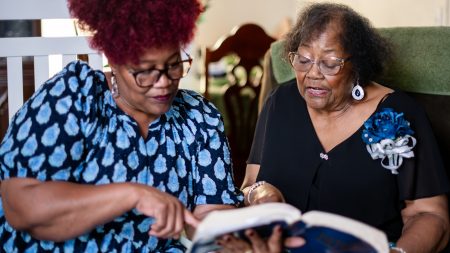Physical Activity May Delay Cognitive Symptoms in Those at Risk for Alzheimer’s
Promising research has emerged showing that even modest levels of physical activity could significantly delay the onset of cognitive symptoms in individuals at risk for Alzheimer’s disease. According to the study, people who maintained minimal to moderate physical activity experienced a remarkable delay in cognitive symptoms ranging from three to seven years compared to their less active counterparts. This finding provides hope for a relatively accessible intervention that could potentially extend cognitive health for millions of people worldwide who carry genetic or other risk factors for this devastating neurodegenerative condition.
The research suggests that incorporating regular physical activity into daily routines doesn’t necessarily require intense athletic training or structured exercise programs. Rather, even routine activities like gardening, housework, walking, or gentle recreational pursuits appear to offer protective benefits for brain health. This is particularly encouraging as it means that cognitive protection may be available to most individuals regardless of fitness level, physical limitations, or access to specialized exercise facilities. The accessibility of this intervention makes it especially valuable as a public health approach to reducing Alzheimer’s burden across diverse populations.
Scientists believe the protective mechanism likely involves multiple pathways through which physical activity benefits the brain. Exercise increases blood flow to the brain, promotes the growth of new neurons and connections, reduces inflammation, and helps clear harmful proteins that accumulate in Alzheimer’s disease. Additionally, physical activity often supports better sleep patterns, reduces stress, and can decrease other risk factors like high blood pressure and diabetes that contribute to cognitive decline. This multi-faceted approach may explain why even modest activity levels can produce such significant delays in symptom onset.
The finding of a three-to-seven-year delay is particularly meaningful in the context of Alzheimer’s disease progression. This timeframe represents a substantial portion of the typical disease course and could translate to significantly more years of independent living, maintained relationships, and preserved quality of life for affected individuals. For families and caregivers, this delay could mean reduced emotional and financial burden. From a healthcare perspective, delaying symptom onset across populations could substantially reduce the overall societal impact of Alzheimer’s disease, potentially saving billions in healthcare costs.
For individuals concerned about their Alzheimer’s risk, this research offers an empowering message: while genetic and other risk factors may not be controllable, lifestyle choices like physical activity represent an opportunity to potentially influence disease trajectory. Healthcare providers can use these findings to provide evidence-based recommendations to patients, particularly those with known risk factors such as family history or genetic markers. The relatively low cost, minimal risk, and additional health benefits of physical activity make it an ideal preventive strategy to recommend broadly, even while more targeted pharmaceutical interventions continue to be developed.
As researchers continue to explore the relationship between physical activity and brain health, future studies will likely refine our understanding of optimal exercise types, duration, and intensity for cognitive protection. The current findings, however, already provide compelling evidence for incorporating more movement into daily life as a strategy for brain health. In a field where effective treatments remain limited, this research offers hope that simple lifestyle modifications might help preserve cognitive function and independence for those at risk of Alzheimer’s disease, potentially transforming the outlook for millions of individuals and their families facing this challenging condition.















